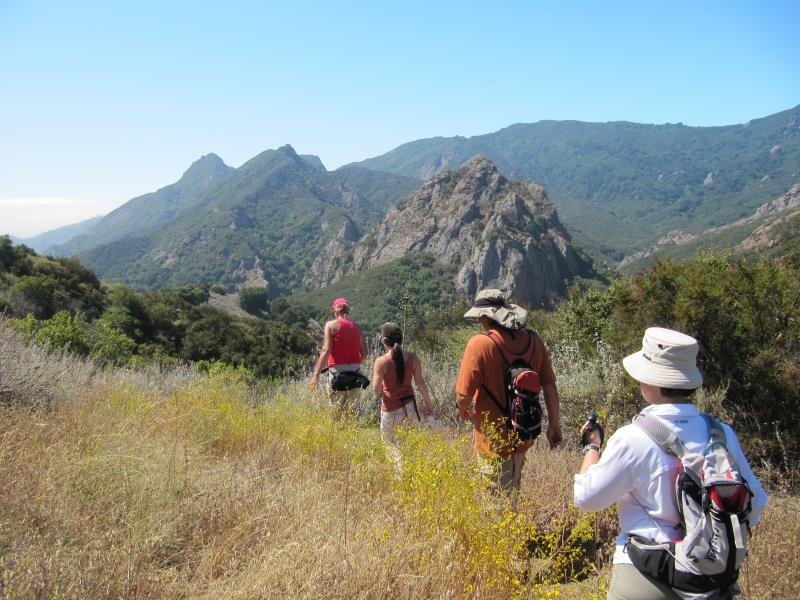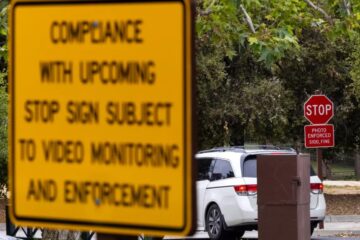Panel urges state parks reform
Attracting more ethnically diverse, younger users is a key element of two-year turnaround plan.
Source of this article: The Los Angeles Time, January 30, 2015
When visitors arrive at a state-run park these days, they may find disrepair after years of skipped maintenance and a crowd that doesn’t reflect the state’s growing diversity.
Behind the scenes, they would discover a public agency that is working with outdated technology and overwhelmed by its responsibility for managing the Golden State’s prized beaches, forests and historic sites.
These are the findings of a commission assigned to help the California Department of Parks and Recreation turn the page after years of scandal, mismanagement and stagnation.
The panel calls for “a fundamental transformation” of the parks system, which covers nearly 1.6 million acres and includes 339 miles of coastline. In particular, it says, a new nonprofit organization is needed to help secure more funding and attract new visitors.
A new report by the commission, Parks Forward, lays out a two-year turnaround plan that includes better transportation to state lands for urban residents, online tools for planning visits and updated cabins for overnight stays.
The parks department has been a frequent target of criticism since 2012, when it was revealed that officials had stashed away millions of dollars at a time when the state was threatening to close dozens of facilities because of budget cuts.
Deeper problems were already festering, Parks Forward says, such as a lack of creative management and curtailment of services for visitors.
“It may be easier and generate broader support to simply call for more funding and propose modest incremental change,” the report says. “However, those fixes will not realize our broader vision for California parks, and may just perpetuate problems that could eventually cause irrevocable damage.”
Lisa Mangat, acting parks director, said her department is committed to change.
“Nobody is interested in more of the same,” she said. “People are looking to us to refresh ourselves and be different.”
Some updates are already underway. Equipment is being installed in dozens of parks to allow entrance fees to be paid with credit cards instead of cash. Improved financial systems now allow officials to determine how much it costs to operate each park, a simple accounting benchmark that wasn’t previously available.
But more change is necessary, according to Parks Forward, especially to attract young Latinos, who are a growing part of California’s population.
“The visitors don’t look like California,” said Manuel Pastor, a commission member and a professor of American studies and ethnicity at USC.
In addition, parks are often located far from urban areas and public transportation, and they lack such amenities as soccer fields and picnic tables that would be appealing to families, the report says.
Instead of viewing parks as remote “wilderness cathedrals,” Pastor said, they should be like “one of those small churches in South L.A. where people go every weekend.”
He said the parks system faces a generational crisis otherwise.
“Unless we get young people and their families using the parks now, the kind of political support that’s needed won’t be there,” he said.
Locking down park funding has already been difficult. Gov. Jerry Brown’s latest budget proposal includes $16.8 million just to keep the system operating at its current level.
There’s also $20 million for overdue maintenance, a drop in the bucket compared to the total bill of more than $1 billion.
“The visitor experience suffers,” said Dr. Stephen Lockhart, a commission member and chief medical officer for Sutter Health. “And if it doesn’t affect us now, it will definitely affect future generations.”
The commission is headed by Lance Conn, a Bay Area investor, and Christine Kehoe, a former state lawmaker. It also includes a county parks director, the chief executive officer of Sony Entertainment and others.
Improving the park system’s finances is one of the tasks that will fall to a “transformation team” of parks officials and outside consultants.
Parks Forward also wants a statewide nonprofit group created to partner with the state, helping to raise money, recruit volunteers and organize programs. Mangat agreed.
“We need to … identify ways to maximize those partnerships,” she said.
Carolyn Christian, president of a group of park nonprofit organizations, was skeptical of the commission’s recommendation, saying that there is already a network working with the department.
“We’re not sure if creating a new one is really the answer,” she said. “How would it function differently from the nonprofits that are already there? We’re already there, in the trenches, doing the work.”
The report says that the new nonprofit group would work with existing organizations.




0 Comments